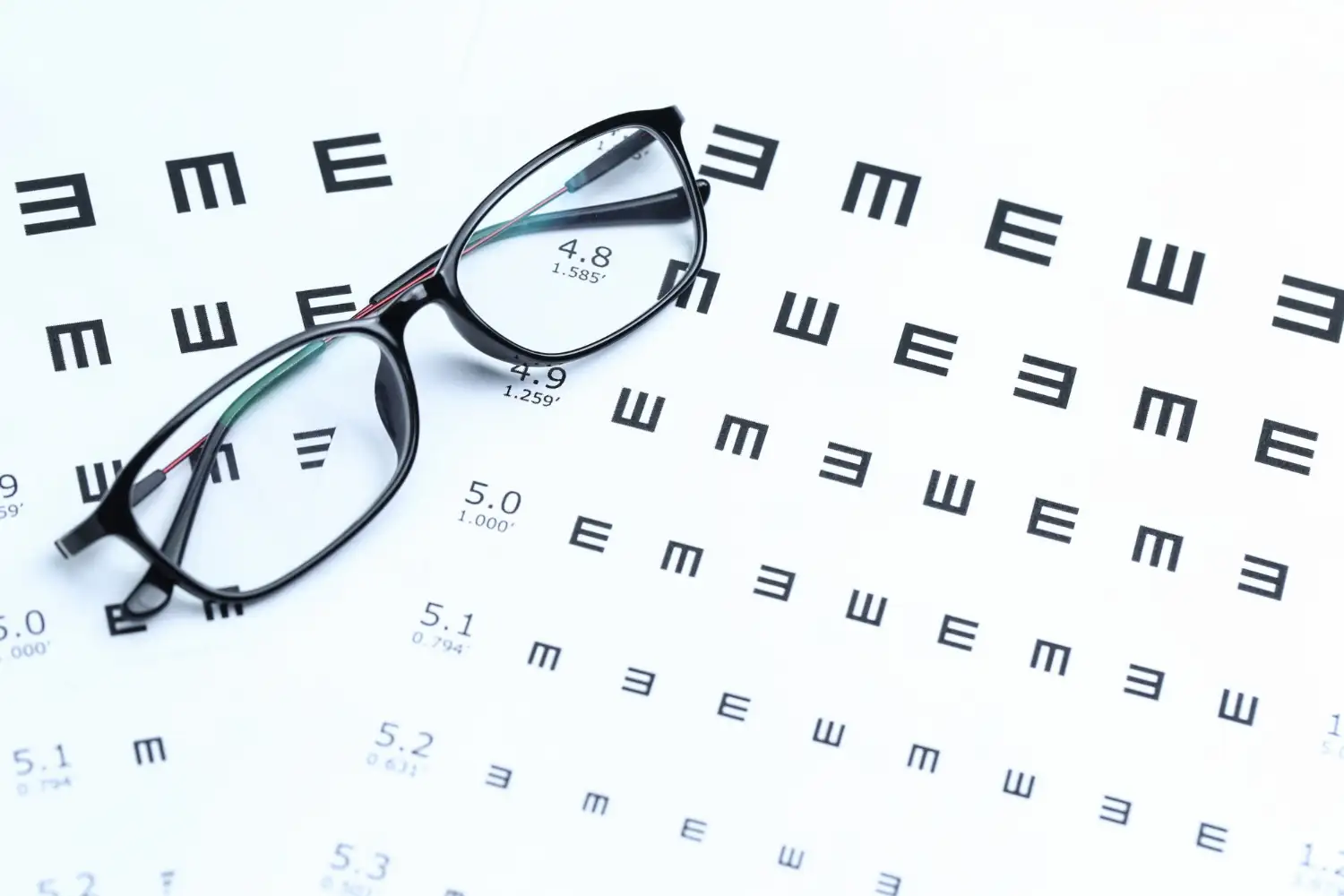Sleep is often overlooked when discussing mental health, yet it plays a crucial role in emotional stability, cognitive function, and overall well-being. The relationship between sleep and mental health is bidirectional, meaning poor sleep can lead to mental health issues, and mental health disorders can disrupt sleep patterns. Understanding this connection is essential for improving both sleep quality and emotional well-being.
How Sleep Affects Mental Health
1. Regulates Mood and Emotional Well-Being
Getting enough sleep helps regulate emotions and enhances resilience to stress. REM (rapid eye movement) sleep, in particular, is crucial for emotional processing. When we sleep well, we wake up feeling refreshed and more capable of handling daily stressors.
Lack of sleep, on the other hand, can lead to:
- Increased irritability and mood swings
- Higher stress levels
- Greater emotional reactivity
Sleep deprivation is also linked to an increased risk of developing anxiety and depression, as it disrupts the brain’s ability to manage emotions effectively.
2. Supports Cognitive Function and Mental Clarity
During deep sleep, the brain consolidates memories, processes information, and clears out toxins that build up throughout the day. Without enough sleep, cognitive functions decline, affecting:
- Concentration and focus
- Problem-solving skills
- Decision-making abilities
- Creativity and productivity
Chronic sleep deprivation has been linked to long-term cognitive issues, including an increased risk of neurodegenerative diseases such as Alzheimer’s.

3. Reduces Anxiety and Stress Levels
When we sleep, the brain regulates cortisol, the stress hormone. Poor sleep leads to higher cortisol levels, making individuals feel more anxious, restless, and overwhelmed.
Studies show that even one night of insufficient sleep can increase anxiety levels by 30%. Those who struggle with insomnia are more likely to develop generalized anxiety disorder (GAD), panic attacks, and heightened stress responses.
4. Helps Prevent Depression
Depression and sleep disturbances are closely linked. Up to 75% of people with depression experience sleep issues, including insomnia or excessive sleeping (hypersomnia). Sleep deprivation affects the production of serotonin and dopamine, neurotransmitters responsible for happiness and motivation.
A long-term lack of sleep increases the risk of major depressive disorder, making it essential to prioritize rest for emotional well-being.
5. Strengthens Resilience to Trauma and Emotional Distress
Adequate sleep helps individuals process emotional events and recover from trauma more effectively. Sleep deprivation makes it harder to regulate emotions, increasing susceptibility to PTSD (post-traumatic stress disorder) and emotional distress.
How to Improve Sleep for Better Mental Health
To enhance both sleep quality and mental health, try these strategies:
- Stick to a Sleep Schedule: Go to bed and wake up at the same time daily, even on weekends.
- Create a Relaxing Bedtime Routine: Engage in calming activities like reading, meditation, or gentle stretching before bed.
- Limit Screen Time Before Sleep: Blue light from screens disrupts melatonin production, making it harder to fall asleep.
- Avoid Stimulants Late in the Day: Reduce caffeine, nicotine, and heavy meals in the evening.
- Exercise Regularly: Physical activity improves sleep quality and reduces stress.
- Manage Stress and Anxiety: Practice mindfulness, deep breathing, or journaling to calm the mind before sleep.
Final Thoughts
Sleep is not just a necessity—it’s a foundation for mental health. Poor sleep contributes to anxiety, depression, cognitive decline, and emotional instability, while good sleep enhances mood, resilience, and cognitive function.
By prioritizing rest and adopting healthy sleep habits, individuals can improve both their mental and emotional well-being, leading to a happier and more balanced life.


